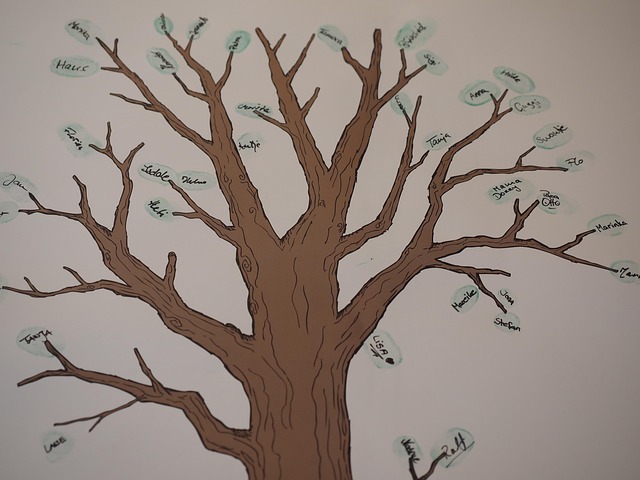Weaving Together Your Ancestral Threads
Delving into family history is a profoundly rewarding endeavor, offering a unique opportunity to connect with the past and understand the stories that shaped who we are today. This journey involves more than just names and dates; it's about uncovering the lives, struggles, triumphs, and decisions of those who came before us, creating a rich tapestry of human experience that extends through generations.

Exploring your family’s ancestry can reveal fascinating insights into your personal identity and the broader historical context. It is a pursuit that transcends simple curiosity, often leading to a deeper appreciation for the diverse paths taken by your forebears and the cultural heritage they passed down. This process, often referred to as genealogy, systematically uncovers the origins and roots of your family, providing a tangible link to the past.
The Journey into Genealogy and Ancestry
Genealogy is the study of families, family history, and the tracing of lineages. It involves a systematic approach to identifying ancestors and descendants of individuals and compiling their life stories. The pursuit of ancestry often begins with a personal curiosity about one’s origins, seeking to understand where one comes from and the paths taken by previous generations. This quest can uncover surprising connections and help paint a clearer picture of your family’s unique journey through history, establishing a deeper sense of belonging and identity rooted in factual accounts.
Strategies for Tracing Your Family Lineage
Beginning the process of tracing your family lineage typically involves gathering information from living relatives, such as birth dates, marriage dates, and places of residence. This initial data provides a crucial starting point for further research into historical records. Online genealogy platforms, local archives, libraries, and government offices are invaluable resources. Developing a clear research plan and organizing the information systematically are key steps to effectively build out your family tree and uncover new branches of your family history.
Deciphering Historical Records Across Generations
Historical records form the backbone of genealogical research. These records can include census documents, vital records (birth, marriage, death certificates), immigration papers, military records, land deeds, and old chronicles. Each document offers fragments of information that, when pieced together, can reveal significant details about an ancestor’s life, occupation, and movements across generations. Understanding the context in which these records were created is crucial for accurate interpretation and for ensuring the reliability of your findings.
Understanding Kinship, Pedigree, and Family Branches
Kinship refers to the relationships between individuals through blood, marriage, or adoption, forming the intricate network of a family. A pedigree chart visually represents an individual’s direct ancestors, illustrating their lineage in a structured format. As you delve deeper, you will discover various family branches, expanding your understanding of your family’s structure. Each branch represents a distinct line of descendants, and exploring them can reveal previously unknown connections and stories, enriching your overall family narrative.
The Enduring Heritage and Legacy of Forebears
Your heritage encompasses the traditions, values, and cultural practices passed down through your family. By researching your forebears, you gain insight into the legacy they left behind, which can influence generations. This journey often uncovers stories of diaspora, revealing how family members migrated across regions or even continents, adapting to new environments while preserving aspects of their original culture. Understanding these movements and adaptations provides a broader perspective on the human experience and your family’s place within it.
Exploring family history is a continuous journey of discovery, offering profound insights into the interconnectedness of human lives across different eras. It allows individuals to build a personal chronicle that extends beyond their own experiences, fostering a deeper connection to their past and a greater appreciation for the collective story of their family.




